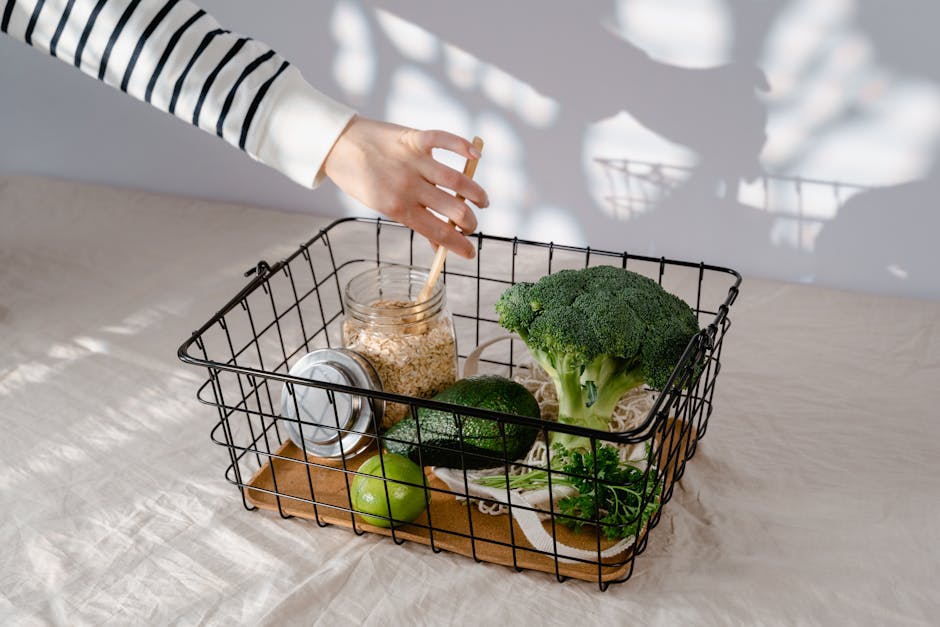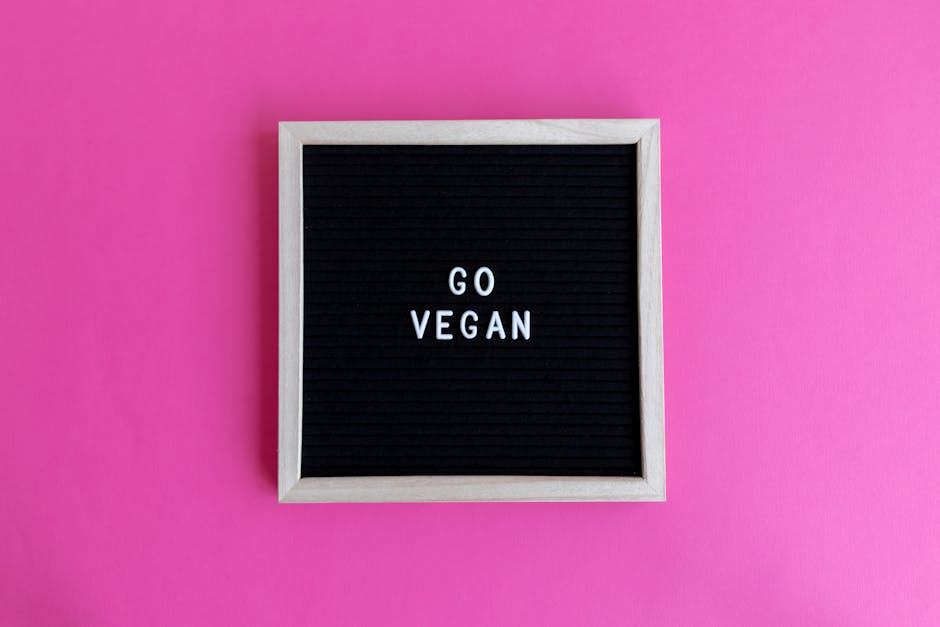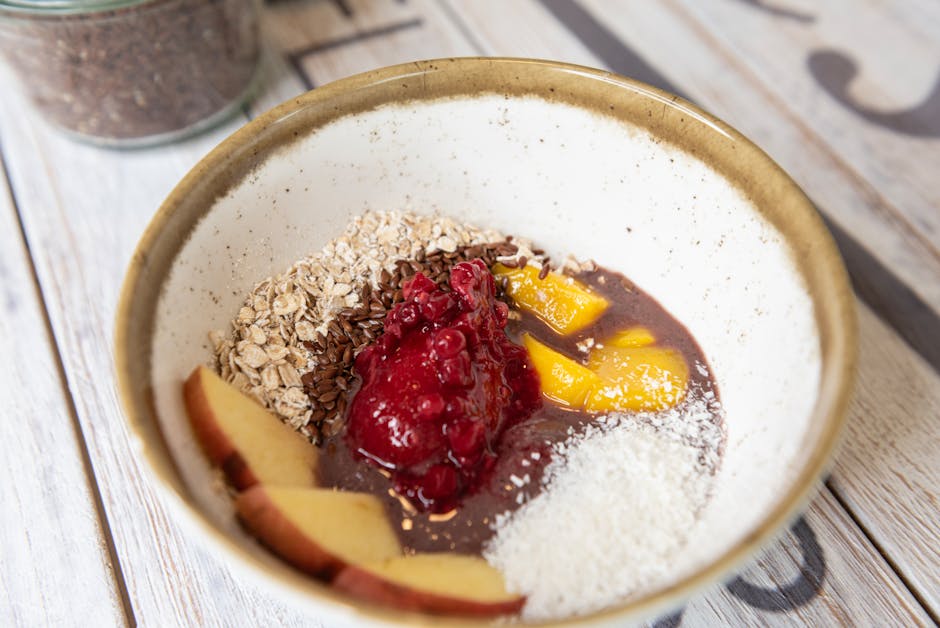The Power of Plant-Based Diets Explained
Have you ever thought about how your food choices affect your life? A plant-based diet might just be the change you’re looking for. This article will break down the power of plant-based eating, exploring it’s health benefits, environmental impact, and simple ways to get started.
So, what exactly is a plant-based diet? In it’s simplest form, it focuses on foods derived from plants. This includes fruits, vegetables, nuts, seeds, oils, whole grains, legumes, and beans. It doesnt mean you have to give up meat or dairy entirely; many choose a flexible approach that emphasizes plants while allowing occasional animal products.
What Are the Health Benefits of a Plant-Based Diet?

Many people switch to a plant-based diet for health reasons. And for good reason! Studies show that this way of eating can boost your health dramatically.
- Weight Management: Plant-based diets are often lower in calories but high in nutrients. This can help with weight loss or maintaining a healthy weight.
- Heart Health: Rich in fiber, fruits, and vegetables can lower cholesterol and blood pressure. This means a lower risk of heart disease.
- Diabetes Control: Eating more whole foods can improve blood sugar levels and insulin sensitivity, reducing the risk of type 2 diabetes.
- Digestive Health: High fiber content from plants improves gut health, leading to better digestion.
According to a study published in the Journal of the American Heart Association, people who follow a plant-based diet have a 25% lower risk of heart disease. That’s a significant number!
Can a Plant-Based Diet Support Your Nutritional Needs?

One common concern people have is whether a plant-based diet provides enough nutrients. The good news is, it absolutely can! Here are some key nutrients to focus on:
- Protein: Beans, lentils, tofu, and quinoa are excellent sources. You can easily meet your protein needs without meat.
- Iron: Spinach, chickpeas, and fortified cereals can help you get enough iron. Pair them with vitamin C for improved absorption.
- Calcium: Almonds, kale, and fortified plant milks are great sources of calcium. They support bone health just as well as dairy.
- Vitamin B12: This vitamin is primarily found in animal products. Consider fortified foods or supplements if you’re on a strict plant-based diet.
it’s all about balance. You can get all the nutrients you need by planning your meals wisely.
How Does a Plant-Based Diet Impact the Environment?

Have you ever thought about how your food choices reverberate through the planet? A plant-based diet can be kinder to the Earth. Heres how:
- Lower Carbon Footprint: Plant farming generally produces fewer greenhouse gases compared to livestock. This helps fight climate change.
- Less Land Use: Raising animals requires more land for grazing and growing feed. Plant-based diets need less land, preserving more natural habitats.
- Water Conservation: Producing plant-based foods generally uses less water than raising animals.
According to the Food and Agriculture Organization, livestock farming accounts for 14.5% of global greenhouse gas emissions. Choosing plants can significantly reduce your personal impact!
How Can I Start a Plant-Based Diet?

If you’re curious about incorporating more plant-based meals into your diet, start small. Here are some easy steps to get you going:
- Try Meatless Mondays: Dedicate one day a week to eating plant-based. Explore new recipes that excite you.
- Swap Ingredients: Use beans instead of ground beef in tacos or add more veggies to your stir-fry.
- Experiment with Whole Grains: Opt for quinoa, brown rice, or whole wheat pasta instead of white rice or pasta.
- Make Smoothies: Blend fruits, vegetables, and plant-based milk for a nutritious meal on the go.
Remember, it’s all about making gradual changes. You don’t have to go all in right away. Small steps lead to big changes!
What Are Some Common Misconceptions?
Many myths surround plant-based diets. Lets clear a few up:
- Myth 1: You can’t get enough protein without meat.
Fact: As mentioned, plants can provide plenty of protein if you choose the right foods. - Myth 2: Plant-based diets are expensive.
Fact: Eating beans, grains, and seasonal vegetables can be very affordable. - Myth 3: It’s hard to eat out as a vegan or vegetarian.
Fact: More restaurants offer plant-based options than ever.
Understanding the truth can help you feel more confident about making changes.
What If I Miss My Favorite Foods?
Transitioning to a plant-based diet doesnt mean you have to give up your favorite foods. Instead, think of it as a chance to explore new flavors.
- Craving Burgers? Try a black bean burger or a lentil burger. They can be just as satisfying!
- Love Cheese? Experiment with cashew cheese or nutritional yeast for a cheesy flavor.
- Missing Ice Cream? Blend frozen bananas with a splash of almond milk for a creamy, healthy treat.
Getting creative in the kitchen can lead to delicious discoveries!
Are There Resources to Help Me Transition?
Absolutely! There are many resources available to help you on your plant-based journey. Consider the following:
- Cookbooks: Look for plant-based cookbooks to inspire your meals. A popular one is “Forks Over Knives.”
- Online Communities: Join Facebook groups or online forums where you can share tips and recipes with others.
- Apps: Use apps like “HappyCow” to find plant-based restaurants near you.
With the right tools, you can make the transition smooth and enjoyable.
Can a Plant-Based Diet Improve Your Life?
The short answer is yes! A plant-based diet can lead to better health, a lighter environmental footprint, and a more vibrant life.
As you experiment with new foods and recipes, you may find that your energy levels rise. You might also notice improvements in your mood and overall well-being. Eating a variety of whole, plant foods can help you feel your best.
What Are Some Actionable Takeaways?
Ready to give it a try? Here are some simple, actionable takeaways:
- Start with one plant-based meal a day.
- Explore new recipes and cooking methods.
- Shop at local farmers markets for fresh produce.
- Stay informed by following plant-based blogs and websites.
Incorporating more plant-based meals into your diet doesnt have to be overwhelming. With each small step, youll uncover the power of plants and how they can enhance your life.
For more tips on healthy eating, check out this article on Healthline.
Remember, you are in control of your health journey. Dive into the world of plant-based eating and discover it’s many rewards!



